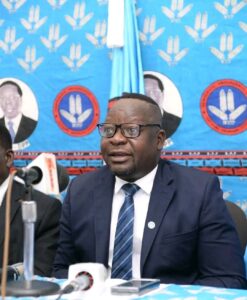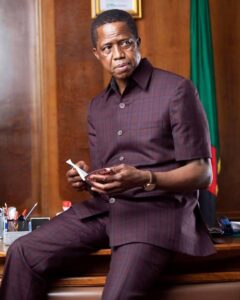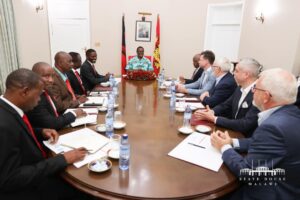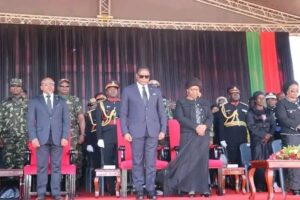Resurgence of Influential Figures in Malawi Politics
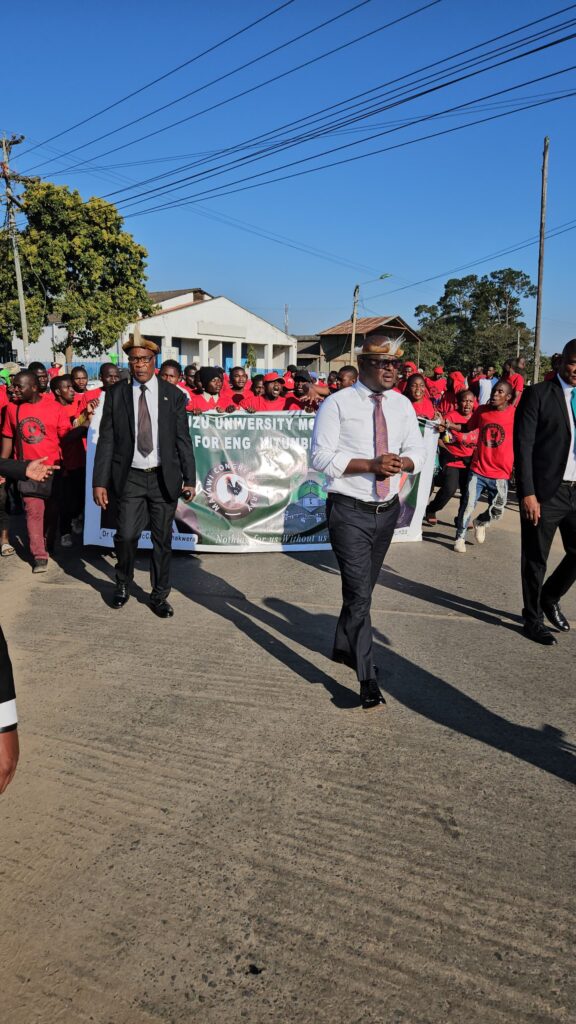
Malawi’s political scene has recently witnessed a significant shift with the rise of two key figures: Vitumbiko Mumba of the Malawi Congress Party (MCP) and former Reserve Bank of Malawi (RBM) governor Dalitso Kabambe, now with the United Transformation Movement (UTM).
On Sunday, Mumba unveiled his “People Over Politics” agenda, highlighting seven core campaign messages: policy conferences, investment plans, secretariat empowerment, veteran league, stakeholder engagement, elective conference amendments, and fostering a conducive environment for the party’s National Executive Committee (NEC).
Speaking at his well patronized rally at Katoto Secondary School in Mzuzu City, Mumba expressed his joy at the strong support. “The northern region has spoken. Words alone cannot express how satisfied I am seeing both the elderly and youths who came to listen with hope, envisioning socioeconomic development for the region and the country,” he said.
Meanwhile, Kabambe made headlines on Friday with his impactful public lecture titled “Inclusive and Sustainable Transformation Agenda for the North.” He proposed ambitious economic growth plans, focusing on balanced district resources to promote social development and private sector inclusion.
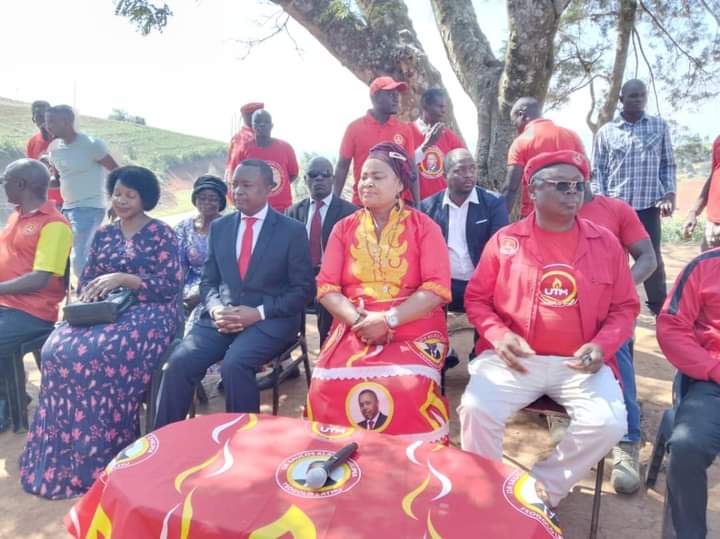
Kabambe suggested establishing the Malawi Mining Development Corporation and the Manufacturing Development Corporation, with a proposed investment of 500 billion kwacha to boost productivity and competitiveness.
Both Mumba and Kabambe stressed the importance of expanding the Green Belt initiative from production to export ventures to enhance Malawi’s economic prospects.
They also addressed the crippling debt of over K7 trillion, advocating for reduced borrowing and spending, increased transparency and accountability, and listing all companies on the stock market, similar to the United States.
In their fight against corruption, both leaders called for a strong stance, full forensic audits of public expenditure, and granting prosecution agencies autonomy from political influences.
Kabambe, an economic expert, criticized current banking policies, arguing that businesses are stifled by high costs imposed by banks and money lending institutions.
The two leaders concluded their presentations by calling for sweeping reforms to propel Malawi towards economic independence and sustainable growth.
As the country prepares for its seventh multiparty general election in September next year, there are high expectations that more technocrats will join the political arena, following in the footsteps of Kabambe or Mumba.
Human rights activist Isaac Cheke Ziba commented on their political involvement, stating it is beneficial to have such figures vying for political power as it will attract youth and professionals.
Ziba praised Kabambe’s economic insights but questioned his political decisions, particularly his move from the Democratic Progressive Party to UTM, citing instability in both parties.
Regarding Mumba, the former Mzuzu Diocese’s Catholic Center for Justice and Peace project coordinator described him as a determined advocate for good governance with a clear vision for national development.
“He seems to be spending big. Whatever is motivating him should be deciphered from his actions. He is likely trying to secure the running mate position in MCP to help the party reach the 50%+1 mark needed to clinch the presidency,” he added.
